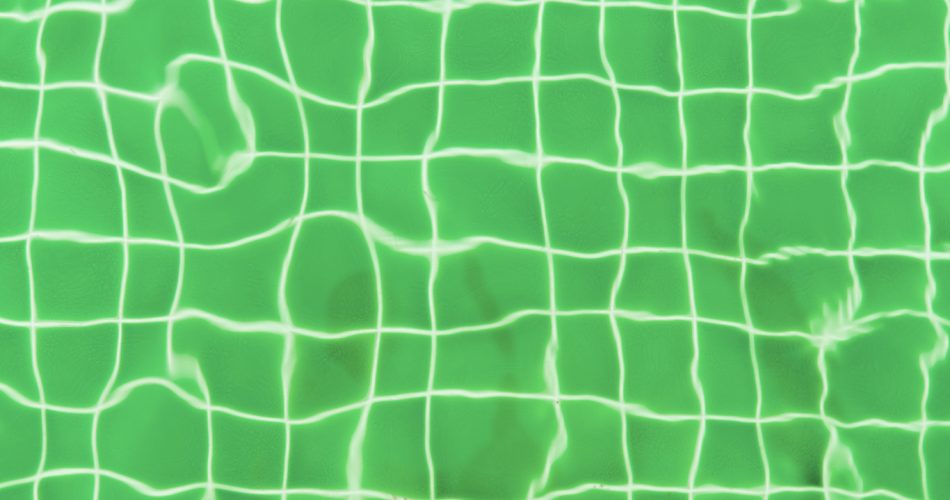The Center for Disease Control discourages it
Everybody at least once has peed in a pool, but the CDC (Centers for Disease Control) recently shared a social media post warning against this common practice.
“Pee in the toilet, not in the pool!” the message says. “When pee and chlorine mix in the pool, there’s less chlorine available to kill germs”.
The CDC also warns that “pee mixed with chlorine creates chemicals that can make your eyes red and itchy”.
Chlorine is a chemical that, when added to pool water to kill germs, creates a mild acid called hypochlorous acid that kills off a slew of bacteria, including salmonella and E.coli, says Jamie Alan, Pharm.D., Ph.D., associate professor of pharmacology and toxicology at Michigan State University. In addition, hypochlorous acid can also tackle some viruses.
“Chlorine works by damaging bacterial cell walls, which are essential for bacteria survival”, Alan explains. Chlorine damages virus proteins and DNA. Pool chemicals kill most germs within minutes, according to the CDC, but others can survive in pools for days.
Why shouldn’t you pee in the pool?
For starters, it consumes the essential chlorine required to tackle germs, bacteria, feces particles, dirt, sweat, etc., says Kathryn Boling, M.D., a primary care physician at Baltimore’s Mercy Medical Center.
Therefore, urine takes chlorine away from killing viruses and germs. As a powerful chemical, it needs the right environment to do its job, but chlorine needs the right pH to work properly, and urine alters the water’s pH. Furthermore, chlorine and urine can interact to form chloramines, which suck up free chlorine and reduce its effectiveness.
The CDC points out that the average swimmer can introduce these microbes (some of which can make you ill) and other things into the pool by simply taking a dip.
- 10 million microbes of hair
- 8 million microbes in a single drop of spit
- 5 million microbes on their hands
- 140 billion microbes of poop
- Billions of microbes on the nose, mouth, and skin
- 1 or 2 soda cans worth of sweat
- 1 cup of pee
It’s a lot of chlorine to deal with, especially if people are urinating in the pool on purpose.
So, how bad is it really to pee in the pool?
It all depends on what else is in the pool at the time.
“Urine could alter the chlorine levels so much that one can become sick from a virus, bacteria, or parasite that is left unchecked”, Alan says.
When pee comes into contact with pool water, it stirs up chemicals that produce the odor that most people associate with chlorine. According to Dr. Boling, these substances cause your eyes to sting, your nose to run, and your throat to cough.
However, Dr. Boling says that there’s nothing to panic over.
“Little kids are going to pee in the pool, guarantee it”, she says. “You shouldn’t freak out that it will cause major problems, but you also shouldn’t be peeing in the pool, too”.
Dr. Conroy offers up this advice: “Urinating in a pool is simply a bad habit”, he says. “While urine itself is generally considered sterile, the chlorine in the pool is there to protect us from other bacteria. Ultimately it’s best to simply get out of the pool, head to a restroom, and then return to avoid making swimming uncomfortable for themselves and other swimmers”.
Nevertheless, we all know how hard is to give up on such a comfortable habit.
Source prevention.com

